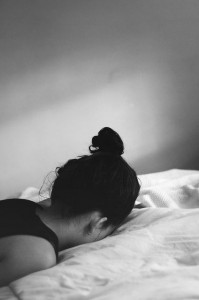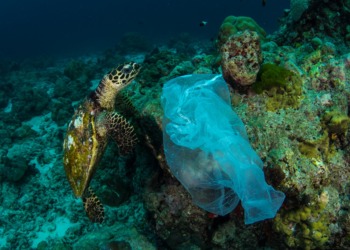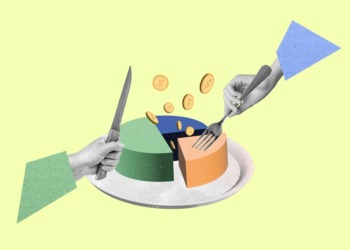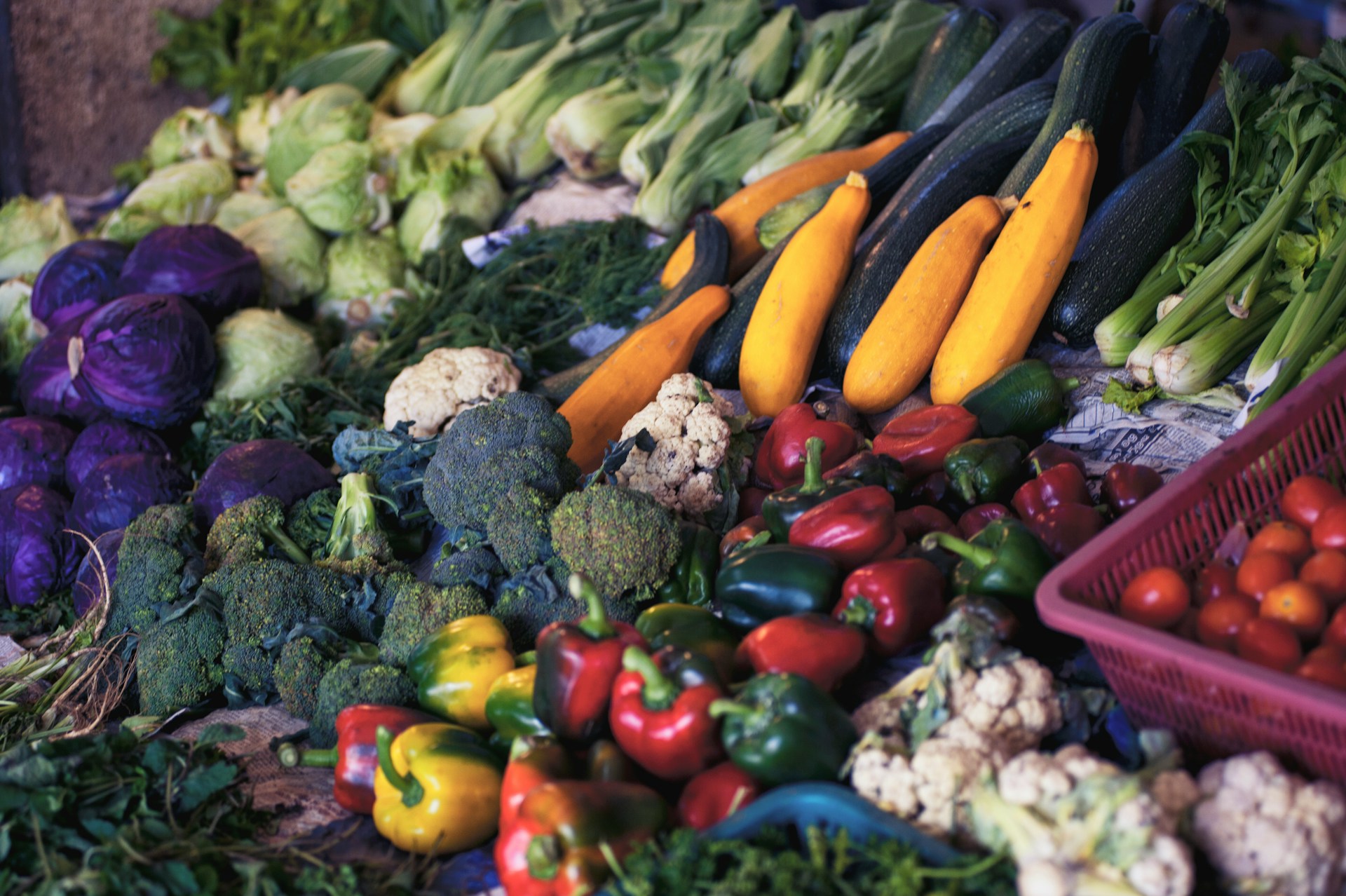Note from the Editor: This featured post is a collaboration with Silvia di Paolo, SUPERNATURE.
The slogan “You’ve come a long way, baby” aimed at young professional women to entice them to smoke, was probably one of the most meretricious of the many clever marketing campaigns built on the soaring women’s emancipation movements that had started in the 1960s in the United States. But soon, in the international arena,the debate around the discrimination and violence against women and girls expanded and by the 1970s various paradigm-changing documents and strategies had been created to address the issue.
The Convention on the Elimination of all Forms of Discrimination Against Women (CEDAW), also known as the declaration of women’s rights, adopted in 1979 and ratified by 189 states, is a major example. It was followed by the Beijing Declaration and Platform for Action in 1995, “the most progressive road map to gender equality,” now celebrating its 20th anniversary. And now, the new UN Sustainable Development Goals include gender equality in its Goal # 5: “achieve gender equality and empower all women and girls.”
Related articles: CAN THE UNITED NATIONS REBUILD MILLENNIAL TRUST? by Deanna Shen
THE KEY FOR PEACE: THE INDISPENSABLE ROLE OF THE UNITED NATIONS by Claude Forthhomme
Yet, despite all the efforts and advancements made towards the end of violence and discrimination, and the empowerment of women and girls, there is still a long way to go until we can say that all the objectives have been accomplished. For instance, according to UN Women:
- 1 in 3 women globally have experienced physical or sexual violence, most of the times carried out by an intimate partner;
- In 2012, 1 in 2 women worldwide were killed by their partners or family members;
- 2.6 million girls and women live under legislations that do not clearly criminalize marital rape;
- 98% of the victims of sexual exploitation are women and girls;
As Kofi Annan, former Secretary-General of the United Nations, observed:
Violence against women is perhaps the most shameful human rights violation. And it is perhaps the most pervasive. It knows no boundaries of geography, culture or wealth. As long as it continues, we cannot claim to be making real progress towards equality, development, and peace.
In this context, on November 25, which also marks the International Day for the Elimination of Violence against Women, the 24th “16 Days of Activism Against Gender-Based Violence Campaign” was started – an annual event that counts with the participation of organizations and people from all around the world. It is a major way to gather efforts to create awareness about discrimination and violence committed against women and girls.
The origins of the campaign date back to 1991 when 23 civil society leader women from different professions, including lawyers, journalists and policymakers, met for the first time at the Women’s Global Leadership Institute (WGLI) to discuss gender-based violence and human rights. The event was organized by the Center for Women’s Global Leadership (CWGL) at Rutgers University, tasked with annually coordinating the 16 days activism campaigns. Since its first edition, more than 5.000 organizations across 187 countries have participated in the event.
Every year, the campaign officially starts on the 25th of November and ends on December 10 – the Human Rights Day. It marks several important dates, such as:
- November 29 – International Women Human Rights Defenders Day
- December 1 – World AIDS Day
- December 6 – Anniversary of the Montreal Massacre when, 25 years ago, Marc Lepine entered Montreal’s Ecole Polytechnique and opened fire, killing 14 women.
This year, the campaign is running again under the theme “From Peace in the Home to Peace in the World: Make Education Safe for All!” The aim, in the words of the CGWL, is to “focus specifically on the relationship between militarism and the right to education in situations of violent conflict, in relative peace, and variety of education settings, while continuing to make the links with militarism…” This strongly focuses on the power relations existing in military contexts – characterised by patriarchal values where girls and women are subjected to inequalities and discrimination – and how these affect the access to education.
This is an important issue to tackle as education is a fundamental right, and a basic good that should be available for everyone, as stated in Article 26 of the Universal Declaration of Human Rights. Additionally, education is recognized in the Beijing Platform for Action as a strategic goal to achieve gender equality and empower women. Nevertheless, due to political, social and economic factors, many vulnerable groups, including young women and girls see their right to education being violated.
Recent data reveals that worldwide:
- 16.7 million people are refugees and around 38 million people are internally displaced;
- 31 million girls in the age of attending primary school and 34 million in the age of attending the lower secondary level, are not enrolled in school;
- 15 million girls will never attend school;
- 58 million children in primary school age do not have access to education, from which around half of these live in conflict zones;
Additionally, in the light of world current events, including the South Sudanese and Syrian civil wars, the rise of extremist groups such as ISIS, Boko Haram and Al Shabaab, and the consequent growing flow of refugees, it is crucial to create awareness around the issue of militarism and violence and its consequences for populations, and in particular for women and girls who are disproportionately affected by it.
For instance, militarism promotes and normalizes misogynistic, racist, homophobic, transphobic, and xenophobic values as means to exert power and control over populations. This inevitably results in various forms of physical and sexual violence against women and girls.
Moreover, many extremist groups use arguments based on traditional, cultural and religious beliefs to legitimize discrimination and gender based violence, and reject universal human rights.
In turn, in refugee camps, education is often disregarded and neglected resulting in millions of children and youngsters without access to safe and free education.
Therefore, for the purpose of supporting the 16 Days of Activism Against Gender-Based Violence Campaign, hundreds of organizations around the world have launched their own initiatives that allow everyone to participate and contribute for its success, including major organizations such as Amnesty International and the United Nations.
In the case of Amnesty International, it offers 16 possible actions that can be carried out to end gender-based violence, such as signing petitions or publishing a post. The UN launched the campaign UNiTE to End Violence against Women that invites everyone to “Orange the world: End violence against women and girls”. This consists in sharing photos, videos and messages on Facebook and Twitter under the hashtag #orangetheworld.
Regardless of the initiatives you decide to participate in, what is crucial is to not stand still while millions of women and girls are being discriminated and violated. Take action now and change the world!































